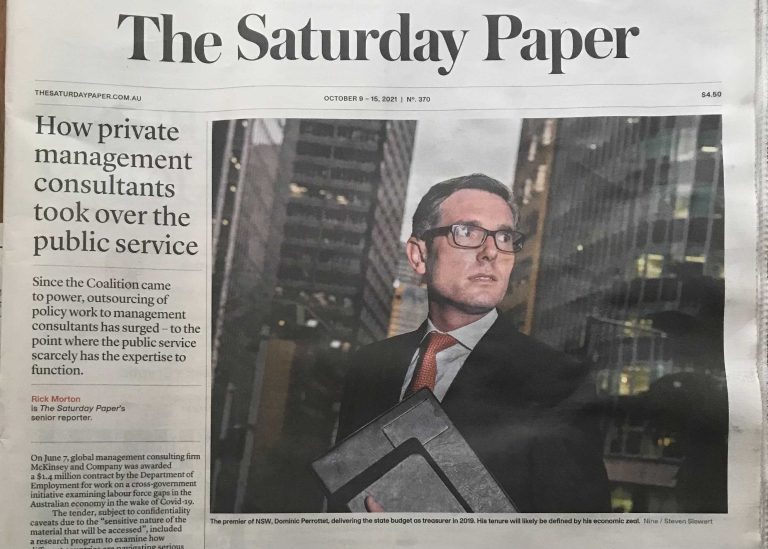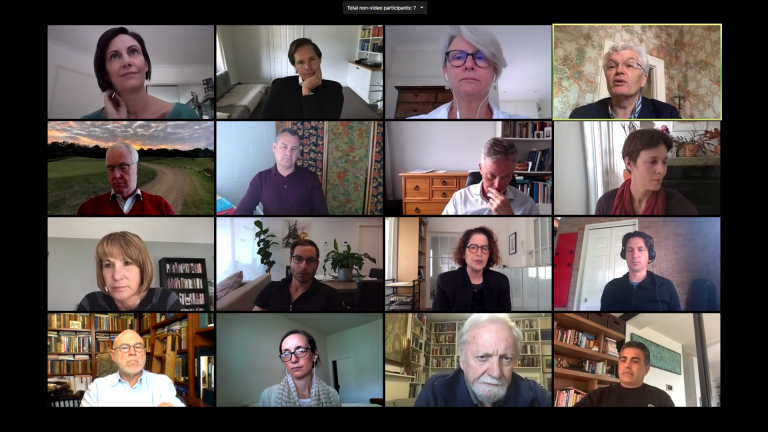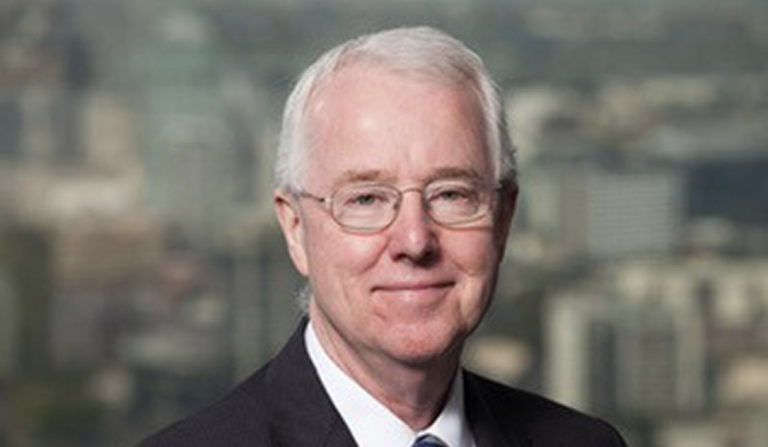Just before the latest flurry of speculation over Kim Beazley’s leadership of the ALP in parliament, one of his putative competitors, foreign affairs spokesman Kevin Rudd, gave a very significant speech in Sydney.
The speech, which is reproduced here (PDF), is one of the first public statements from a Labor frontbencher which directly challenges and dismantles the intellectual basis of the free market Right in Australia. Other front benchers, such as Lindsay Tanner and Julia Gillard have also been sources of ‘new thinking’ in federal Labor but Rudd has gone in a somewhat different direction to tackle the Right at its roots.
In doing so, he outlines what he believes is a modern definition of social democracy, post-cold war and post-free market economics. To do this he reaches out to claim some of the ideas of Adam Smith and counterposes them against the ideas of modern free marketeers, such as Friedrich Hayek.
The significance of the speech is threefold. Few Labor supporters may have heard of the philosopher and Nobel prize-winner, Friedrich Hayek, but he has been the source of much of the intellectual firepower of the global Right since the late 1970s. Rudd systematically dismantles Hayek’s intellectual system, concluding that it has no morality worth defending. (Some of this was signalled in an article, ‘Howard’s Brutopia’, in the November edition of The Monthly magazine.)
Second, and flowing from this, Rudd spells out a series of vulnerabilities of the Howard government, influenced as it is by free market ideas. In particular he points out that the Right is split when it comes to the family. On the one hand, the economic liberals have no regard for the family — the work it does in reproducing society has little or no value. On the other, the Right makes much of its support for family values. The contradiction between these positions will be heightened by Howard’s new Industrial Relations laws which give employers the whip hand in determining the patterns of work — particularly work in unsocial hours.
The free market approach is also ill-equipped to reconfigure economic and social policy to meet the challenge of climate change. The Stern report argues that climate change is an example of market failure ‘on the greatest scale the world has ever seen’.
Third, Rudd demonstrates the appalling mess which Howard’s blindly pro-US position has helped create in Iraq. Rudd sheets home the responsibility for this to the neo-conservatives and quotes Fukuyama’s critique of the neo-cons to good effect.
A provocative and stimulating contribution.



